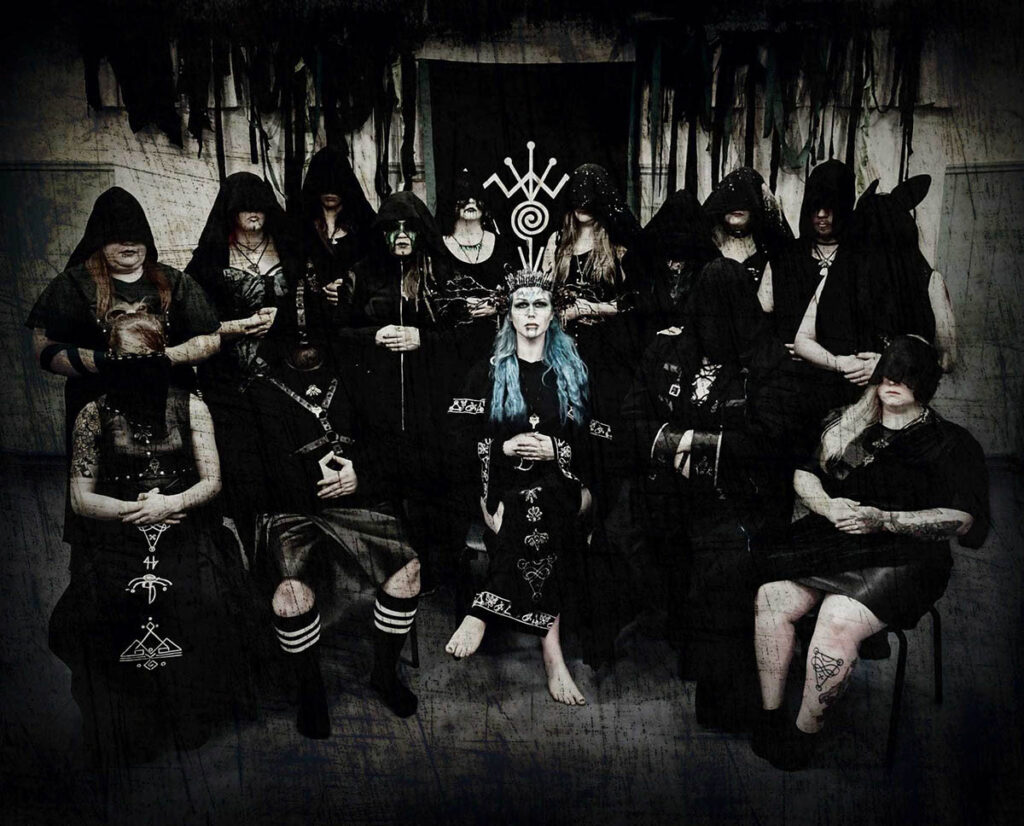A mystical philosophy advocating for the pursuit of one’s true will.
Thelema is a spiritual and philosophical tradition founded in the early 20th century by Aleister Crowley, an English occultist, writer, and ceremonial magician. This new religious movement emphasizes the importance of discovering and fulfilling one’s True Will, which Crowley differentiated from mere desires. The central tenet of Thelema, “Do what thou wilt shall be the whole of the Law,” underscores the value of personal freedom and the quest for one’s true purpose.
Crowley introduced Thelema to the world through “The Book of the Law,” a text he claimed was dictated to him by the entity Aiwass in 1904. This work serves as the foundation of Thelemic practice, outlining its core principles and ethical guidelines. Thelema incorporates deities from ancient Egyptian religion, such as Nuit, the sky goddess; Hadit, the manifestation of motion; and Ra-Hoor-Khuit, a form of Horus symbolizing the sun and active energy.
The practice of Magick is central to Thelema, including rituals, yoga, meditation, and other exercises aimed at self-discovery and achieving union with the divine. The Gnostic Mass is one of the key rituals, mirroring traditional religious services while embedding Thelemic values. Thelemites celebrate several holy days, including the Equinoxes and the Feast of the Three Days of the Writing of the Book of the Law.
Post-Crowley, Thelema has evolved with contributions from figures like Jack Parsons, Kenneth Grant, and others who have expanded its practices and interpretations. These developments reflect the tradition’s adaptability and the broadening of its spiritual and magical framework.
The term “Thelema” itself has historical precedence dating back to Classical Greek, where it denoted will or desire, and was notably used in early Christian texts to refer to God’s will. The concept has appeared in various cultural and literary contexts, including the Renaissance work “Hypnerotomachia Poliphili” and François Rabelais’s “Gargantua and Pantagruel,” which featured the Abbey of Thélème, embodying the principle of following one’s will.
As a spiritual philosophy, Thelema holds a unique position in the history of modern religious movements, characterized by its eclectic blend of Western esotericism, mysticism, and personal liberation. Its emphasis on the individual’s quest for meaning through the pursuit of their True Will continues to attract followers and influence contemporary spiritual practices.
image via Wikipedia




